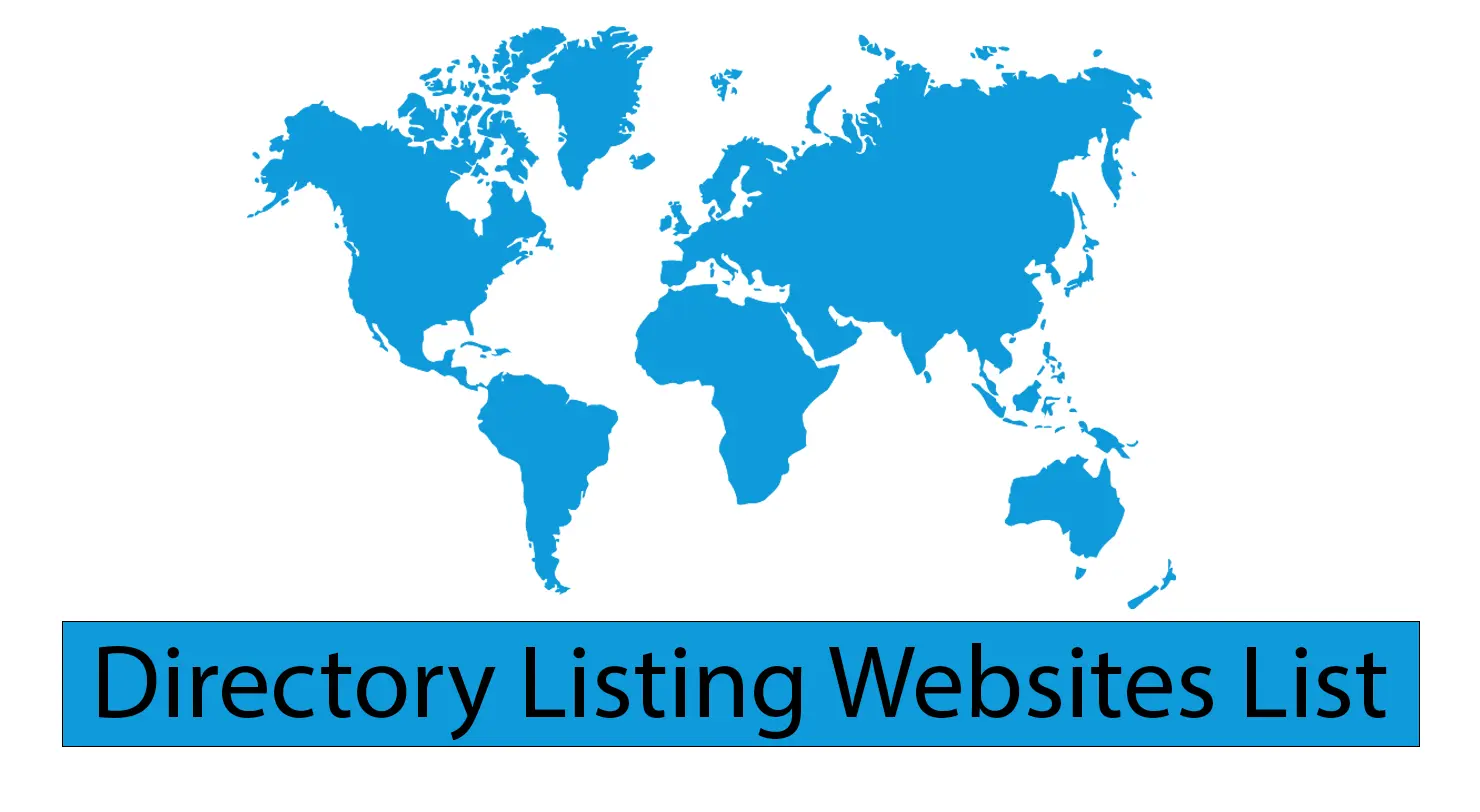Business
Starting a Business in the US: A Step-by-Step Guide for Beginners

Starting a Business in the US: A Step-by-Step Guide for Beginners
Starting a business in the United States can be an exciting and rewarding venture. With a robust economy and a culture that encourages entrepreneurial spirit, the US offers a wealth of opportunities for aspiring business owners. However, navigating the complex landscape of regulations, financing options, and marketing strategies can be overwhelming for beginners. This step-by-step guide will provide you with the essential information needed to start a business in the US, helping you lay a solid foundation for success.
Also Read…Online Business Ideas in 2024
Researching and Choosing the Right Business Idea
Before diving into the world of entrepreneurship, it is crucial to research and choose the right business idea. Begin by identifying your passion, skills, and interests. Conduct market research to assess the demand for your product or service, and analyze your competitors. This will help you identify a unique value proposition that sets your business apart from others. Additionally, consider the scalability and profitability of your chosen idea to ensure long-term success.
Understanding Legal Structure and Registering Your Business
Choosing the right legal structure for your business is a critical step to protect your personal assets and ensure compliance with regulations. Common options include sole proprietorship, partnership, limited liability company (LLC), and corporation. Once you have decided on a structure, you must register your business with the appropriate government agencies. This may involve obtaining an Employer Identification Number (EIN), applying for state and local licenses, and registering for taxes.
Business Planning and Creating a Solid Strategy
A well-developed business plan is essential for guiding your entrepreneurial journey. It acts as a roadmap, outlining your goals, target market, and strategies for success. Start by defining your mission statement and identifying your target audience. Conduct a thorough analysis of your competitors and develop a marketing strategy to position your business in the market. Additionally, create financial projections, including revenue forecasts and expense budgets, to ensure profitability.
Also Read… – How SEO can Help your Business
Obtaining Funding and Financing Options for Startups
Securing funding is often a major challenge for startups. Explore various financing options, such as personal savings, loans, grants, and angel investors, to determine the best fit for your business. Develop a comprehensive business plan and financial projections to present to potential investors or lenders. Additionally, consider alternative sources of funding, such as crowdfunding platforms, to raise capital and gain exposure for your business.
Navigating the US Tax System for Business Owners
Understanding the US tax system is crucial for business owners to ensure compliance and optimize financial performance. Familiarize yourself with federal, state, and local tax requirements, including income tax, employment tax, and sales tax. Consider consulting with a tax professional to navigate the complexities of tax planning and reporting. Additionally, explore incentives and deductions available for businesses to minimize tax liability and maximize profitability.
Also Read… 400+ Profitable Ecommerce Business Ideas in 2024
Hiring Employees and Complying with Labor Laws
As your business grows, you may need to hire employees to support operations. Familiarize yourself with labor laws, such as minimum wage, overtime, and anti-discrimination regulations, to ensure compliance. Develop a hiring process that includes job descriptions, interviews, and background checks. Consider creating an employee handbook to communicate policies and expectations. Additionally, obtain the necessary insurance, such as workers’ compensation, to protect your employees and your business.
Promoting Your Business: Marketing and Advertising Strategies
Effective marketing and advertising strategies are essential for attracting customers and growing your business. Begin by identifying your target market and developing a strong brand identity. Utilize a mix of online and offline marketing channels, such as social media, search engine optimization (SEO), content marketing, and traditional advertising, to reach your audience. Track marketing metrics and adjust your strategies based on the results to optimize your efforts.
Managing Finances: Accounting and Bookkeeping Basics
Proper financial management is crucial for the success of any business. Implement a robust accounting and bookkeeping system to track income, expenses, and cash flow. Consider using accounting software or consulting with an accountant to ensure accurate and organized financial records. Regularly review financial statements, such as profit and loss reports and balance sheets, to monitor the financial health of your business. Additionally, develop a budget and stick to it to maintain control over expenses.
Also Read… 300 + Best Unique Small Business Ideas In 2024
Growing Your Business: Tips for Long-Term Success
To achieve long-term success, focus on continuous growth and improvement. Regularly assess your business strategies and adapt to changing market conditions. Invest in research and development to innovate and stay ahead of competitors. Build strong relationships with customers and prioritize excellent customer service. Network with other business owners and industry professionals to gain insights and expand your reach. Stay informed about industry trends and embrace technology to streamline operations and improve efficiency.
Starting a business in the US can be a fulfilling and lucrative venture, but it requires careful planning and execution. By following this step-by-step guide, you will be equipped with the essential knowledge to navigate the complexities of entrepreneurship successfully. Remember to stay focused, adaptable, and resilient as you work towards building a thriving business in the US.
Frequently asked FAQ Questions
Can a non-citizen legally start a business in the US?
Yes, non-citizens can legally start and operate a business in the US. The US offers a welcoming environment for international entrepreneurs to establish and run their businesses.
Do I need a specific visa to start a business in the U.S.?
While you don’t need a specific visa to start a business, working in the U.S. and actively managing your business may require an appropriate visa. Common visas for this purpose include the E-2 (Treaty Investor) visa or the L-1 (Intracompany Transferee) visa. Always consult with an immigration attorney to understand the best visa option for your situation.
Can I get a green card by starting a business in the U.S.?
Starting a business in the U.S. does not automatically grant you a green card. However, there are certain investment-based visas, like the EB-5 Immigrant Investor Program, that can lead to permanent residency if specific criteria are met.
What type of business entity can a non-citizen create?
Non-citizens can form most types of business entities available to U.S. citizens, including Limited Liability Companies (LLCs), corporations, partnerships, and sole proprietorships. However, there are some restrictions on certain types of businesses, like S Corporations, which require all shareholders to be U.S. citizens or residents.
Do I need a Social Security Number (SSN) or Individual Taxpayer Identification Number (ITIN) to start a business?
While you don’t need an SSN to start a business, you might need an ITIN for tax purposes. An ITIN can be obtained from the IRS and is used to report taxes for those who are ineligible for an SSN.
Can I open a U.S. bank account for my business as a non-citizen?
Yes, but the requirements can vary by bank. Typically, you’ll need your business registration documents, an Employer Identification Number (EIN), and personal identification. Some banks might also require a U.S. address or an in-person visit.
Are there any additional taxes or fees for non-citizens starting a business in the U.S.?
The basic business taxes and fees are the same for both citizens and non-citizens. However, non-citizens may have additional tax obligations based on their country of residence and any applicable tax treaties between the U.S. and that country. It’s advisable to consult with a tax professional familiar with international tax issues.
Can I hire employees for my U.S. business if I’m a non-citizen?
Yes, you can hire employees for your U.S. business regardless of your citizenship status. However, you must comply with all U.S. employment laws and regulations.
Where can I get more information or assistance on starting a business in the U.S. as a non-citizen?
Consider consulting with an immigration attorney, a business attorney, or a tax professional familiar with international issues. Additionally, the U.S. Small Business Administration (SBA) and the U.S. Citizenship and Immigration Services (USCIS) websites provide valuable resources.
What business structures are accessible to foreign entrepreneurs in the U.S.?
Foreign entrepreneurs can opt for a plethora of U.S. business structures, including Limited Liability Companies (LLCs), corporations, and partnerships. However, S Corporations have a stipulation that all shareholders must be U.S. citizens or residents.
Are there distinct taxes for non-citizens operating a business in the U.S.?
While the foundational business taxes remain consistent for all, non-citizens might encounter additional tax implications based on their home country and existing U.S. tax treaties. Engaging a tax professional with expertise in international tax regulations is advisable.
How Much Do I Need to Start a Business in the USA?
The startup cost varies widely based on the business type and industry. On average, home-based businesses might start with as little as $1,000 to $5,000, while brick-and-mortar establishments or tech startups can require significantly more, ranging from $10,000 to millions.
Are there any mandatory fees for establishing a business in the U.S.?
Yes. Registering your business, obtaining necessary licenses or permits, and filing for an Employer Identification Number (EIN) often come with associated fees. These costs can range from $50 to several hundred dollars, depending on the state and business structure.
How much does it cost to register a Limited Liability Company (LLC) in the U.S.?
LLC registration fees vary by state. Typically, they range from $50 to $500. Some states also have annual report fees or franchise taxes for LLCs, so it’s essential to research specific state requirements.
What are the estimated costs for a brick-and-mortar storefront?
osts for a physical storefront include rent, utilities, interior setup, signage, and inventory. Depending on the location and size, this can range from $2,000 per month in smaller towns to $10,000 or more in major cities.
How much should I budget for marketing and advertising when launching a U.S. business?
A common recommendation is to allocate 7-8% of your gross revenue for marketing and advertising if you’re doing less than $5 million a year in sales. However, this can vary based on industry, business model, and growth goals.
Are there any financial resources or grants available for U.S. startups?
Yes, the U.S. offers various financial resources for startups, including Small Business Administration (SBA) loans, venture capital, angel investors, and specific grants for minority or women-owned businesses.
How much does business insurance cost in the U.S.?
Business insurance costs can vary based on the type of business, location, and coverage needed. On average, general liability insurance might cost $500 to $1,500 per year for small businesses.
What are the ongoing operational costs for a U.S. business?
Operational costs include rent, salaries, utilities, marketing, inventory replenishment, taxes, and more. These costs can range widely based on business size, industry, and location.
How can I estimate the total startup costs for my specific business idea in the U.S.?
Start by researching and listing all potential expenses, from one-time setup fees to recurring operational costs. Tools like business startup cost calculators, insights from the U.S. Small Business Administration (SBA), and consultations with financial advisors can provide a clearer picture.






